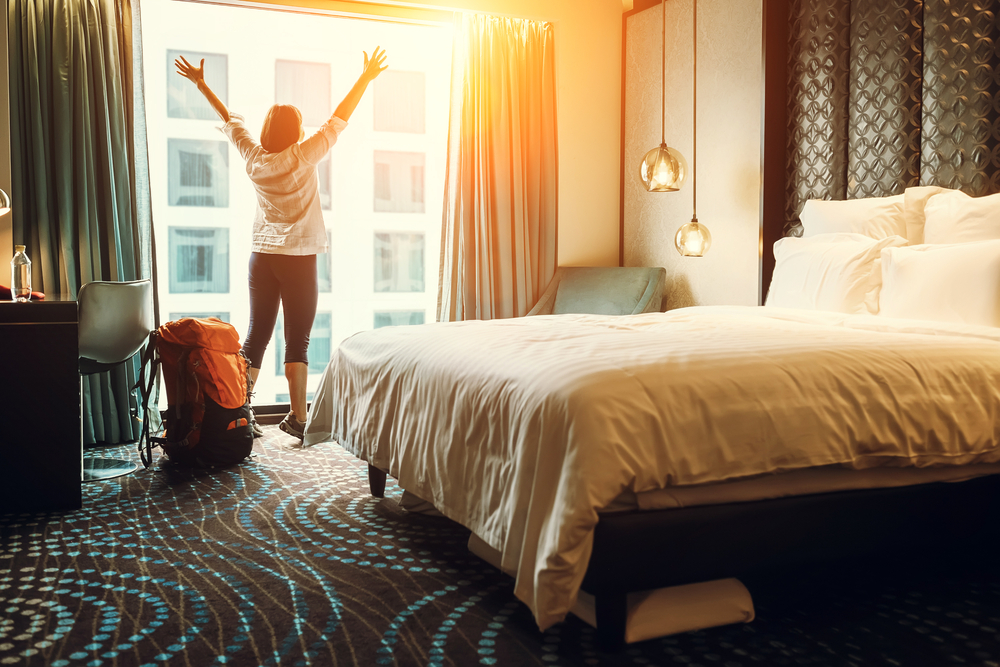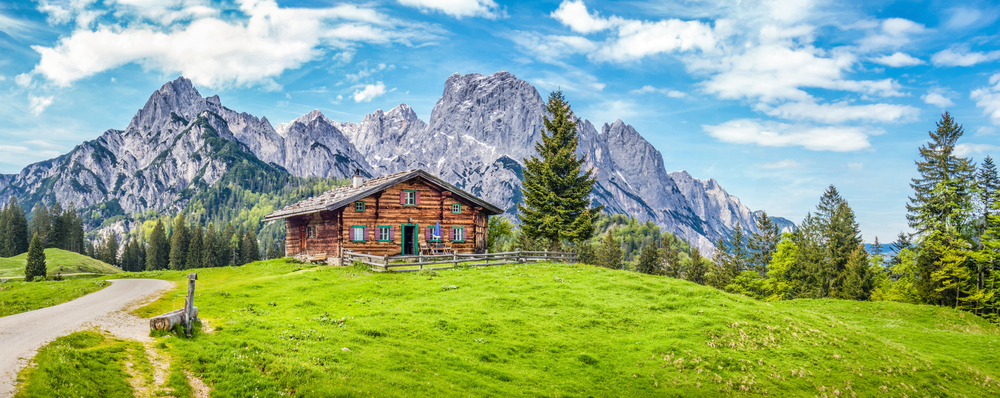When planning a trip, choosing the right accommodation is just as important as selecting the destination itself. The type of lodging you choose can shape your experience, affecting comfort, convenience, and budget. From budget-friendly hostels to luxurious resorts, each option offers unique advantages and potential drawbacks. Here is an overview of various types of accommodations, along with their key pros and cons.
Hostel
Hostels are a popular choice among budget-conscious travellers, particularly backpackers and solo adventurers. They typically offer dormitory-style rooms with bunk beds, though private rooms may also be available. Communal facilities such as kitchens, lounges, and shared bathrooms create a social atmosphere, making it easy to meet fellow travellers. However, the lack of privacy and potential for noise can be a downside, especially for those seeking a quiet and restful stay.
Lodge
Lodges are commonly found in rural or nature-oriented settings, such as forests, mountains, or national parks. They range from simple, rustic accommodations to luxury self-contained rooms like the lodges at Bredon View. Lodges are ideal for travellers looking to immerse themselves in outdoor activities like hiking or wildlife watching. The scenic locations and cosy ambience make for a memorable experience, but they may lack certain modern conveniences and can be relatively isolated, requiring extra planning for supplies and transportation.
Hotel

Hotels are one of the most common types of accommodation, offering private rooms with en-suite bathrooms. They vary widely in quality, from budget motels to high-end luxury establishments. Hotels provide essential services such as housekeeping, room service, and in-house dining options. Some also feature amenities like gyms, pools, and conference facilities. While hotels offer comfort and convenience, they can be expensive, particularly in major cities or tourist hotspots. Additionally, they may lack the home-like feel of alternative accommodations such as rentals or villas.
Campsite
Campsites cater to travellers who enjoy the great outdoors, allowing them to pitch tents, park RVs, or stay in small cabins. Facilities often include restrooms, fire pits, and picnic areas. Camping provides an affordable and immersive experience in nature, perfect for adventurers and nature enthusiasts. However, it requires preparation and equipment, and exposure to the elements can be challenging, particularly in adverse weather conditions.
Resort
Resorts offer a comprehensive vacation experience, combining accommodation with entertainment, dining, and recreational activities. They often include pools, spas, golf courses, and beachfront access. Resorts are ideal for travellers looking for a hassle-free, all-in-one getaway. However, they tend to be more expensive than other accommodations, and their all-inclusive nature may limit exploration beyond the resort’s premises.
Villa
Villas provide a luxurious and private stay, typically featuring multiple rooms, a kitchen, and sometimes a private pool. They are well-suited for families, groups, or travellers seeking a home-like environment with added exclusivity. Villas offer ample space and comfort, but they can be costly and may lack the convenience of on-site services found in hotels or resorts.
Timeshare
Timeshares are vacation properties shared among multiple owners, each having usage rights for specific periods. These properties are often part of resort communities, offering a stable vacation spot with high-end amenities. However, timeshares require a financial commitment, and the fixed schedule may not suit travellers who prefer flexible itineraries.
Rental
Short-term rentals, available through platforms like Airbnb or Vrbo, provide furnished apartments, houses, or condos for travellers. Rentals offer more space and home-like amenities than hotels, making them ideal for longer stays or family trips. They allow guests to experience a destination more authentically. However, the quality and service levels can vary, and some locations may have strict regulations or additional fees.
Homestay
Homestays involve staying with local hosts in their homes, offering an immersive cultural experience. Travelers can engage with locals, learn about customs, and enjoy home-cooked meals. Homestays are often more affordable than hotels and can provide a deeper connection to the destination. However, they require adaptability, as guests must respect house rules and may have limited privacy.
Choosing the right accommodation depends on your travel style, budget, and preferences. Whether you seek adventure in the wilderness, relaxation at a luxury resort, or cultural immersion in a homestay, each option offers a unique way to enhance your travel experience.
